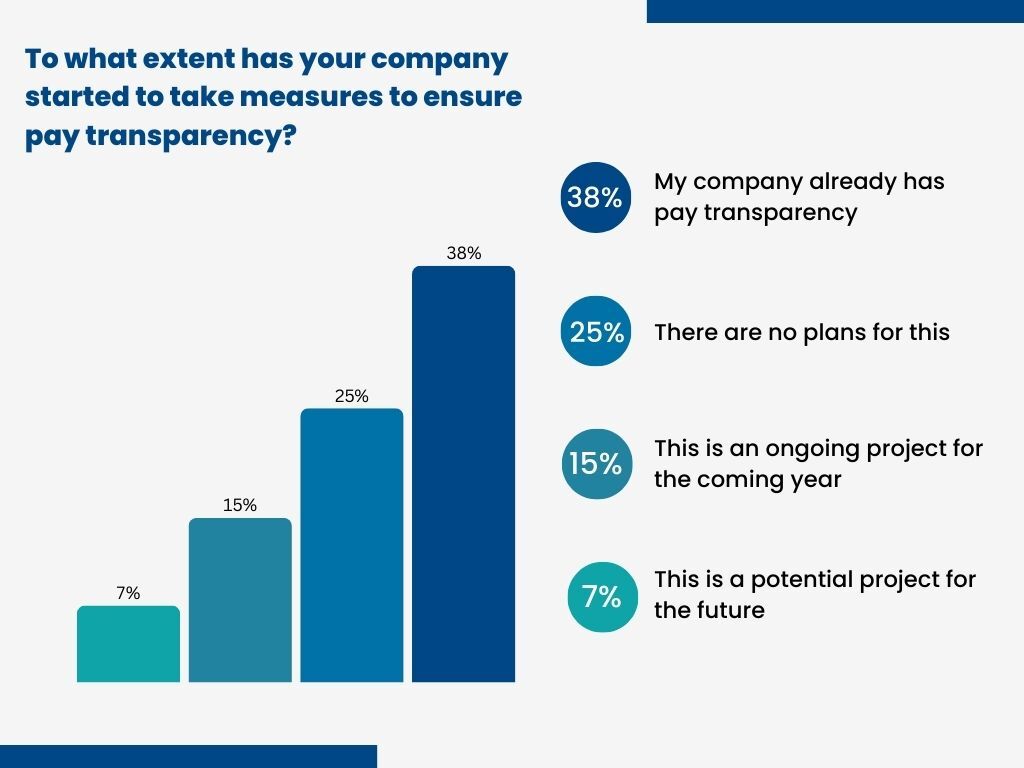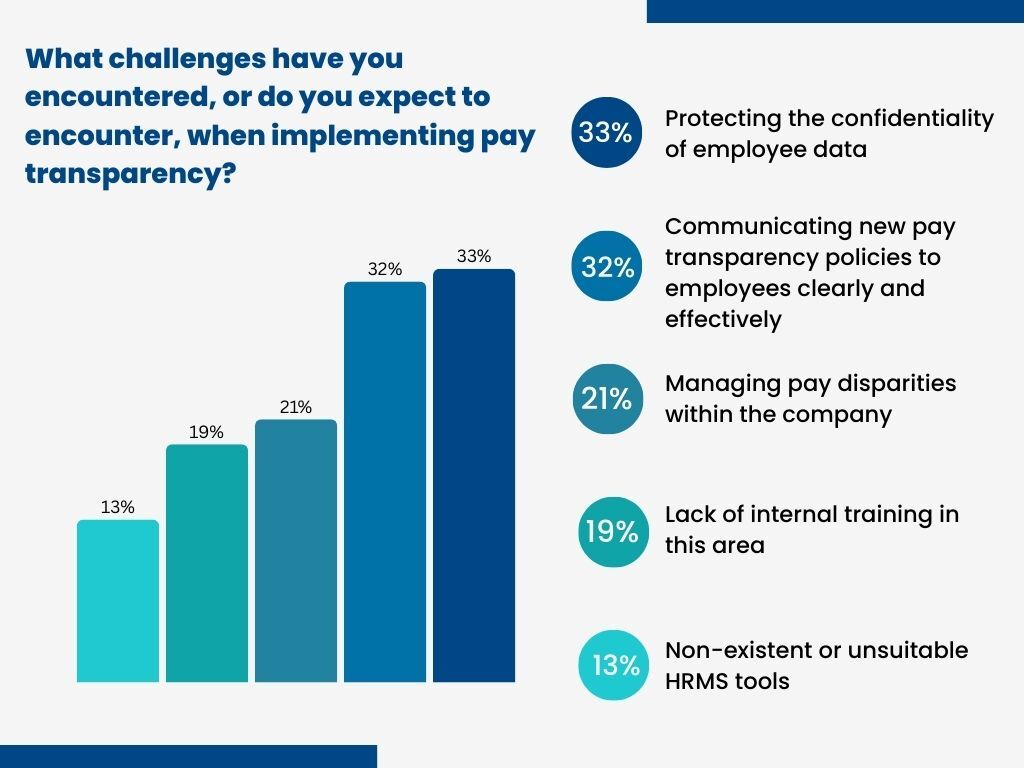EXCLUSIVE: 1 in 4 European companies have no plans to implement pay transparency, finds PayFit
This is despite incoming EU legislation, and pay transparency proven to be way to fix the evolving trust crisis within organizations. UNLEASH unpacked the exclusive data with PayFit’s CEO Firmin Zocchetto.
News In Brief
The EU's Pay Transparency Directive should be pushing salary transparency up the business agenda.
However, a quarter of European businesses surveyed by PayFit have no plans on pay transparency policies, and a further 16% are unsure of their plans.
PayFit shared this concerning data exclusively with UNLEASH, and its CEO Firmin Zocchetto shared his tips for making strides on pay transparency and wider employee financial wellbeing.
Pay transparency is a top priority for European HR and finance leaders in 2025.
That’s according to new data from PayFit.
PayFit surveyed 1,500 HR and finance decision makers in France, Spain and the UK. The research, which was shared exclusively with UNLEASH, found that 59% of them have taken steps towards pay transparency.
The stats are 71% for Spain, 54% for France and 53% for the UK.
This makes sense as the European Union has passed the Pay Transparency Directive – it comes into effect in 2026.
While UK companies with no presence in the EU are not actually subject to the EU law, this direction of travel on pay transparency is something employers need to be aware of, particularly in the ongoing talent and skills shortage.
Plus, PayFit’s research found that pay transparency had a hugely positive impact on employee trust and satisfaction – across the three countries, 62% said pay transparency increased satisfaction, while 65% believed it would improve trust.
This is hugely significant as trust and employee engagement are the top challenges employers are facing right now.
In fact, data from Gallup found that 77% of workers are actively disengaged at work, while research from DDI calculated that trust in senior leadership has fallen 17 percentage points from 46% to 29% in just three years.
Despite the positive perspectives – a whopping 38% of HR and finance leaders across the three countries already have pay transparency in their companies – a significant proportion of employers are reluctant to make changes.
In fact, PayFit’s data found that a quarter of employers said they had no plans to implement pay transparency, and 16% said they were unsure.

Credit: PayFit.
This begs the question, given the benefits of pay transparency for trust, engagement and compliance, why aren’t more European employers stepping up?
It’s time to step up around pay transparency
Payfit’s data digs into the main challenges facing employers around pay transparency.
The top three are concerns around employee data protection and confidentiality (33%), communicating new pay transparency policies to clearly and effectively (32%), and a lack of internal training in this area (19%).

Credit: PayFit.
The concerns about communication make sense in the context of concerns about financial literacy also identified by Payfit – it found that 21% of employees don’t understand their pay slips.
As PayFit’s CEO Firmin Zocchetto tells UNLEASH, “what’s most clear from these findings is that businesses need to step up when it comes to helping their people be more financially literate, and to foster greater trust as a consequence”.
“Sharing pay ranges for various roles across the businesses and explaining how they are determined, being clear about benefits employees are entitled to, and facilitating ways for staff to ask questions, raise concerns and provide feedback, are all great starting points,”
For Zocchetto, this “hesitancy” among employers to talk open about pay with their employees is directly feeding into workers low financial literacy.
He tells UNLEASH: “The vast majority are seemingly being left in the dark, and pensions in particular is an area for businesses to improve on in terms of education and communication.
Workers want to save more, they just aren’t being offered the opportunities to find out how to do it.”
These pay transparency concerns were particularly acute in France (39% for communication, 35% for data protection and 23% for lack of training).
In fact, France is the country with highest proportion with no plans to implement pay transparency policies (32%, compared to 16% in Spain and 27% for the UK).
Another noteworthy concern is around the lack of HR tools to support leaders with these changes – this was cited by 19% of French HR and finance decision makers, as well as 10% in both Spain and the UK.
Clearly there’s lots of work for HR leaders to do step up around pay transparency, and they need the help of vendors to drive compliance with the EU directive, but also move the needle on trust and engagement.
Sign up to the UNLEASH Newsletter
Get the Editor’s picks of the week delivered straight to your inbox!

Chief Reporter
Allie is an award-winning business journalist and can be reached at alexandra@unleash.ai.
-
Topics
Compensation and Benefits
